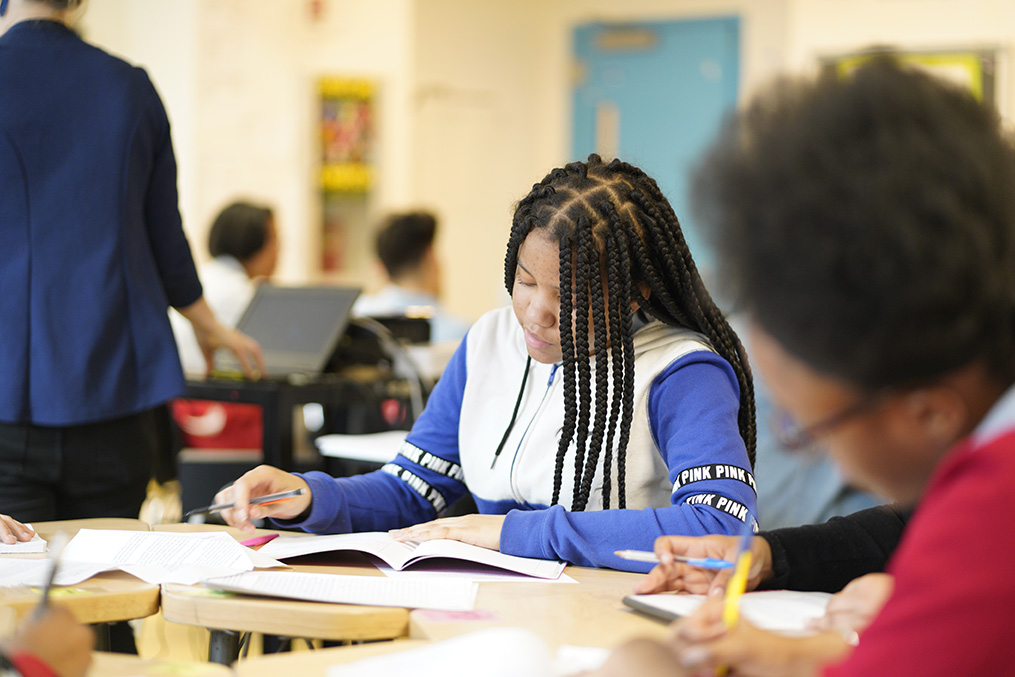
This On the Record Q&A Remix lifts up perspectives about community partnerships from David Adams, CEO of Urban Assembly. This Q&A Remix pulls from both Remix Podcast Episode 1 – Engaging Students Beyond the Classroom – and from Karen’s last public conversation with David prior to the podcast – From Our Schools to All Schools: A Conversation with David Adams, Urban Assembly CEO. It also brings in the voice of Gizzelle Gonzalez, a senior at the Urban Assembly School for Collaborative Health Care.
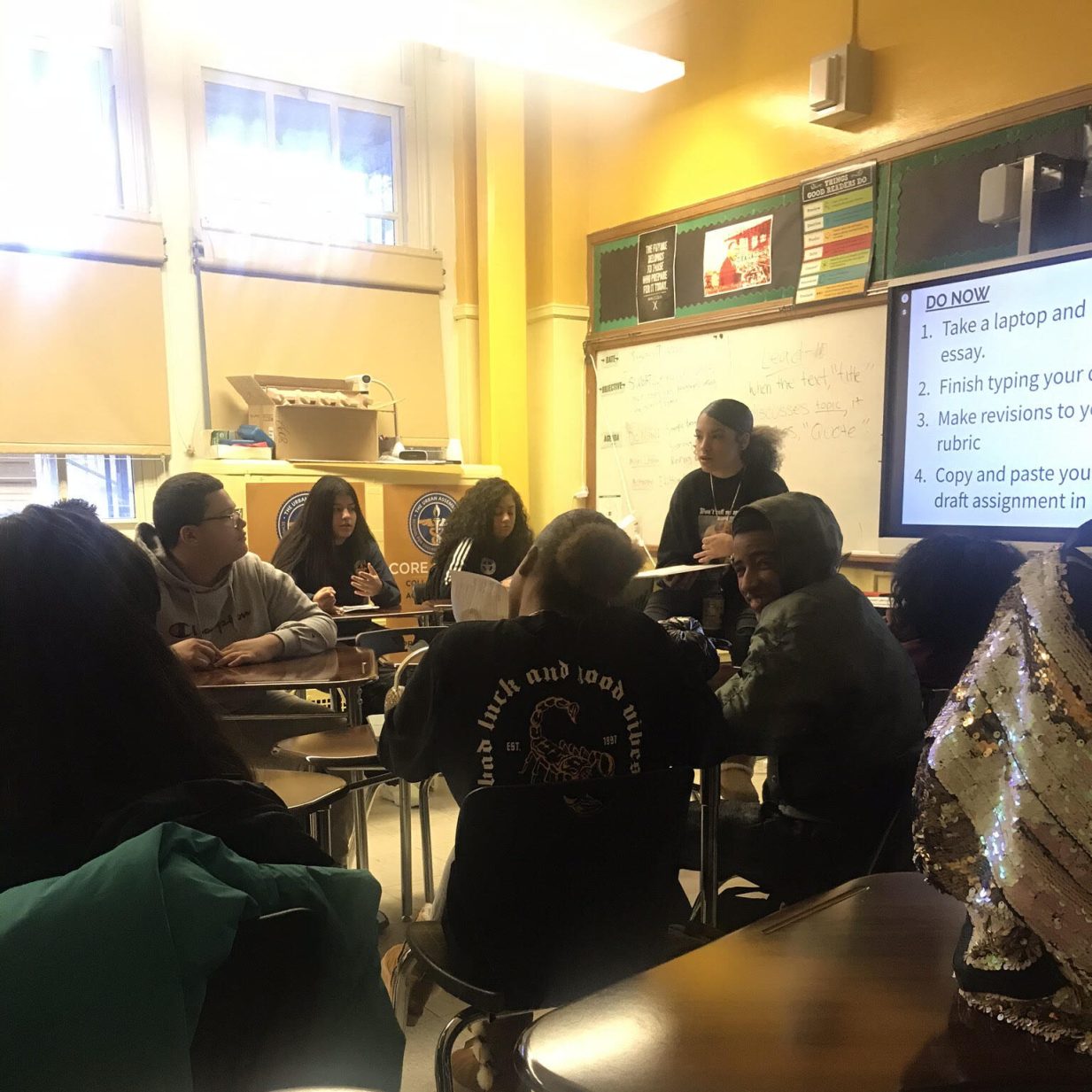
What really makes me so happy that I’m a part of this is that my school is majority of Black and Brown students. The fact that Black and Brown students have had the opportunity to uplift and prove other people wrong and these minority students are able to do things that others don’t have the opportunity to, just makes us look better as minorities.
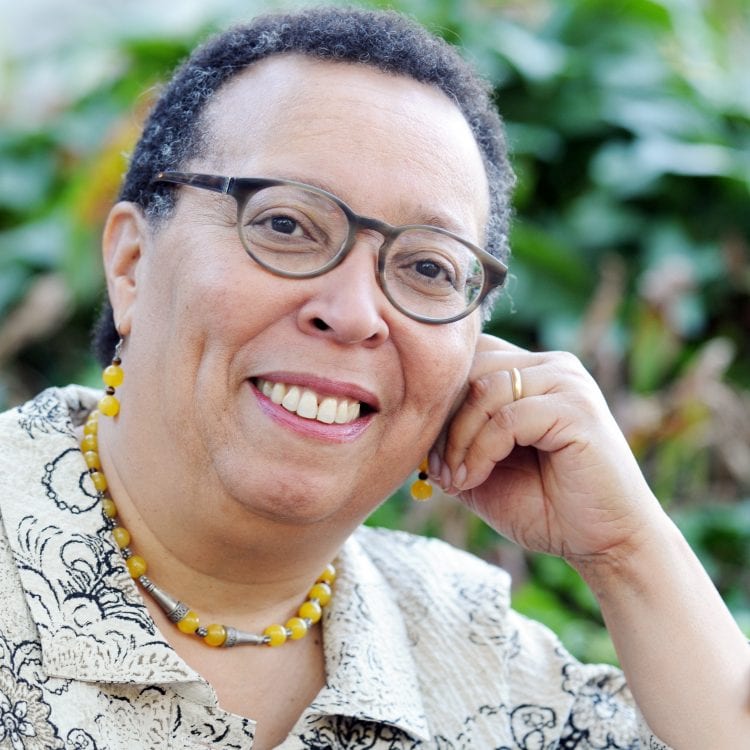
What really makes me so happy that I’m a part of this is that my school is majority of Black and Brown students. The fact that Black and Brown students have had the opportunity to uplift and prove other people wrong and these minority students are able to do things that others don’t have the opportunity to, just makes us look better as minorities.
I know that’s very intentionally a part of the mission of Urban Assembly. David, you all really did some very important and strong things to make a commitment to equity before George Floyd, before the pandemic before this year. What did you do and why?
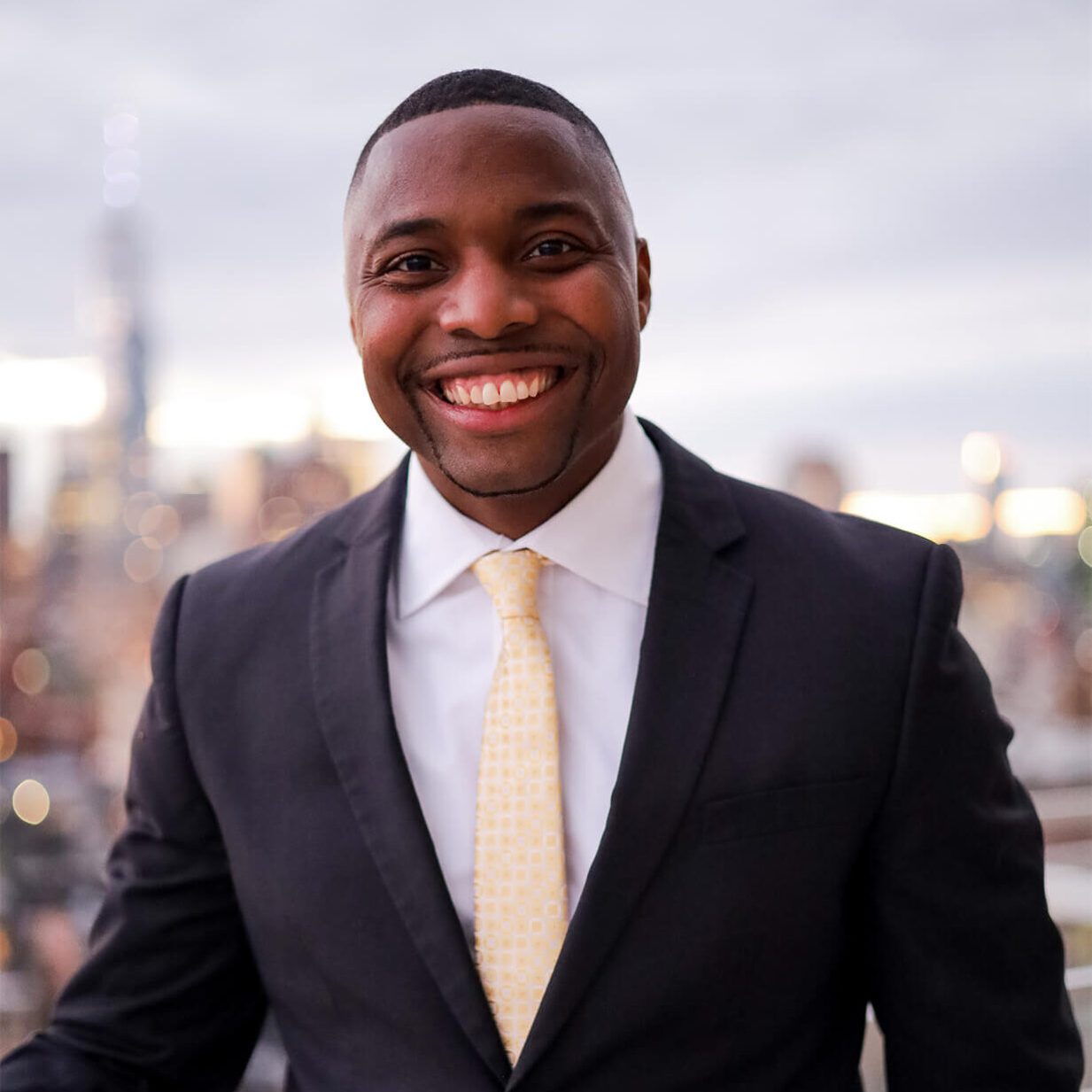
First, you have to understand that the mission of the Urban Assembly was always about ensuring that all young people had access to a high-quality education. And we talked a little bit about this before, but a high-quality education is about growth. It’s about systems and structures to make sure that every student is seen, understood and can be developed in terms of their potential. That’s not the same as saying achievement. That’s not the same as saying my math test scores are in the 99th percentile, when my students were coming in at the 98th percentile.
This is about taking all of your students, from wherever their backgrounds are. I’m investing in every single one of them and making sure that they can unleash their potential. Our grounding is about what it means to pursue equity in the conduct of education. And that means empowering young people to solve problems.
That means ensuring that they have the thinking strategies that they need in order to understand themselves in the world. That means bringing their whole selves to bear in the context of what it means to be educated.
Karen, we talk about this all the time:
All learning is social and emotional, all learning has relevance to young people, and we identify and tap into that yet relevance, young people identify and tap into us.
So our commitment to equity has been around identifying and helping to ameliorate some of the challenges and the achievement gaps that we’ve seen across our city. We look at our gender gap. That’s something that is not the most popular thing to do, but the graduation rates of our African-American males are too low. Even just versus our African-American females is a 10% difference. That matters, right?
Not to mention the difference between our Asian American males and our African-American males. Understanding our special education and ENL populations and what we need to do to support them that matters. Understanding what it means to be supported matters. Mastering math and algebra because they are gatekeepers matters. And they matter when we think about how we try to solve them.
Some of the incentives in our education system are about catering to a smaller and smaller percentage of our students, and then taking credit for their achievement. That’s not going to improve the outcomes for our country. It’s not going to improve the outcomes for our communities. Restricting access to education has never been an approach that helps move our communities forward.
The things that we care about are ensuring that all students have an opportunity to be seen and get a high-quality education; understanding why different students are achieving in different ways, what those patterns are, and investing back into those things; and making sure they’re equipped to solve the problems that we need them to solve. And so many of those things are not going to have equal signs on the back of them. These are the challenges of society. These are challenges of community. These are challenges of having a multiethnic, multiracial democracy that we need to pursue.

It seems to be there’s this lingering tension between whether the best thing we need to be doing to support our Black and Brown students is doubling down on academics, or really should it be social-emotional learning, or should it be real life experience? How are you putting it together, and how do you explain it to people? You’ve just been talking so much about how all of these things fit together, but I’m both frustrated and perplexed that we seem to not be able to have this not be an either/or conversation.

We’re moving from “what” problems to “how” problems, and I want to just say this again, because the problems that we’re facing with public education like, “How do we integrate academic, social, emotional development and career readiness?” are not “what” problems. There are enough white papers written on them. There are enough people who sat in panels and said, “This is what should be happening.”
There are not enough people who are taking that “what,” and trying to facilitate the actual systems and structures to get this working.
I think if there are more institutions who are really in schools, who are connected to schools, who spend every day trying to think about – we’ve got eight periods, how do we organize these eight periods in ways that integrate these outcomes – then we’ll be moving further, faster for our young people and our society will benefit for the outcomes of that.
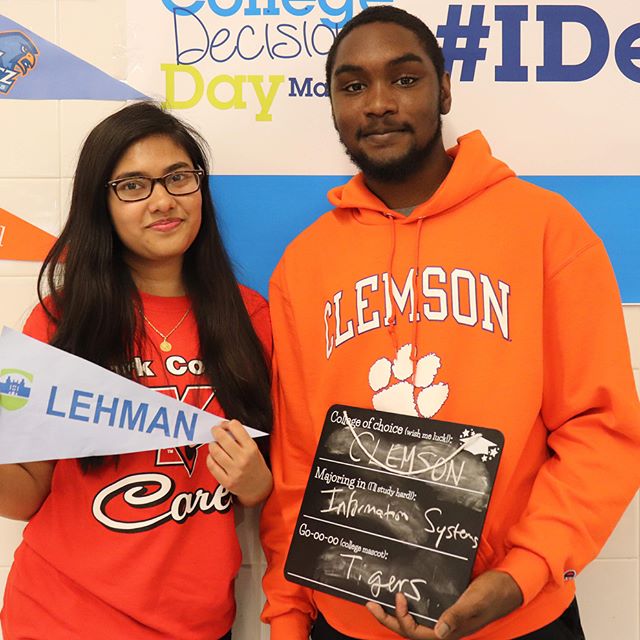
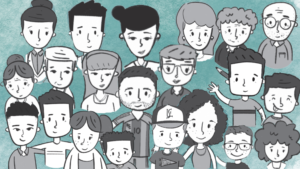

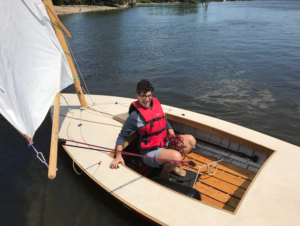
No comment yet, add your voice below!